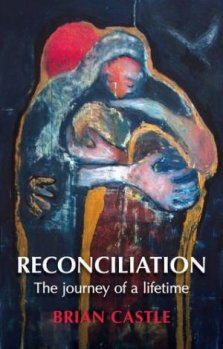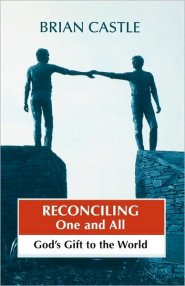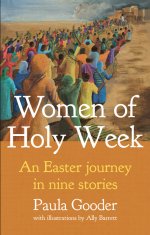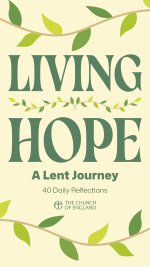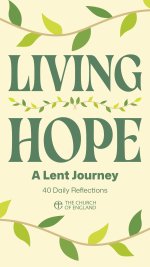Reconciling One and All is a Lent book which will encourage readers to reflect on their own journeys towards reconciliation, as they engage with the journeys of others. There are four ingredients which are essential to reconciliation, whether it is political, social, personal, intra-personal or theological: they are Memory, Forgiveness (not Mercy), Involvement with the other, and Victimhood (or not).
All forms of reconciliation are inter-related, and reconciliation is an exercise in bringing about the Kingdom of God.
Trustpilot


